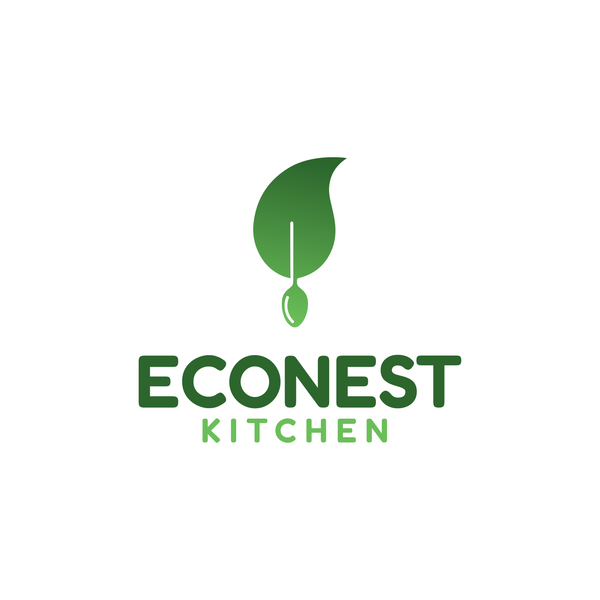Plastic is everywhere in the modern kitchen — food containers, utensils, wraps, scrubbers, but it comes at a steep environmental price. Much of this plastic ends up in landfills or the ocean, polluting ecosystems and harming wildlife. The kitchen is one of the biggest contributors to household plastic waste.
🌍 The Real Cost of Plastic
* Single-use plastics like cling film and disposable cutlery are rarely recycled.
* Microplastics shed from plastic sponges and containers enter our waterways.
* Plastic packaging used in groceries adds to landfills, or worse, ends up in oceans.
Each piece of plastic can take up to 500 years to degrade, and it never fully disappears. It breaks down into microplastics that infiltrate our soil, air, and even the food we eat.
♻️ How to Reduce Plastic in Your Kitchen
Creating a low-waste kitchen doesn’t mean giving up convenience. At EcoNest Kitchen, we offer beautiful, functional alternatives:
* Swedish Dishcloths – Replace plastic-based sponges with compostable, reusable cloths.
* Bamboo Utensils – Durable, biodegradable tools that don’t leach toxins into food.
* Glass or Stainless Steel Food Storage – A safe, plastic-free solution for leftovers.
* Coconut Bowls – Made from reclaimed coconut shells, a perfect example of upcycling.
💡 Quick Wins for a Greener Kitchen
* Store bulk dry goods in glass jars.
* Wrap food using beeswax wraps instead of cling film.
* Avoid plastic-packaged produce when shopping.
🌱 Every Small Change Matters
Making even one sustainable swap can reduce your carbon footprint and support a cleaner planet. With EcoNest Kitchen, you’re not just upgrading your home, you're helping shape a better future.
Explore eco-friendly kitchen solutions at EcoNestKitchen.com

